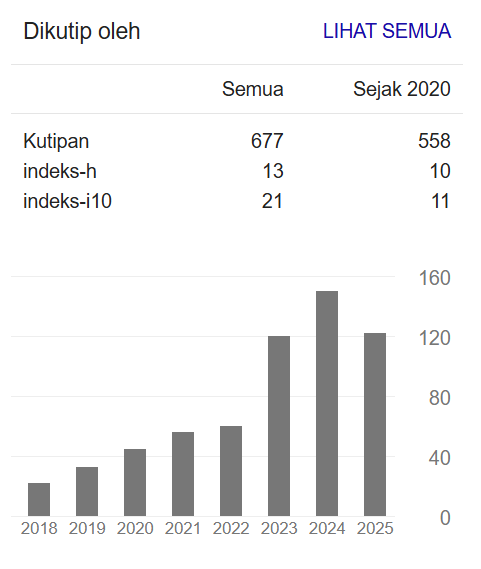WAḤDATUS SHUHŪD, KRITIK AL-RĀNIRI ATAS PANTEISME KETUHANAN
DOI:
https://doi.org/10.20871/kpjipm.v6i2.91Keywords:
Al-Rāniri, Waḥdah Shuhūd, Tasawuf Nusantara, PantheismAbstract
This paper discusses Al-Rāniri ‘s criticism of the theological conception in Nusantara Sufism which contains elements of pantheism. This paper begins by describing the teachings of Waḥdah shuhūd in Sufism Al-Rāniri . This teaching believes in God, Allah as the only one and only being, while the universe (ma siwallah) is only a madzhar that testifies to the oneness of Allah Himself. That is why a being other than Allah is not separate, it is neither independent nor one (united) with God. Based on this view, Al-Rāniri criticizes, even kafuses the wujūdiyah followers because they tend to be pantheistic which unites God, Allah and humans. The Sufism teachings developed by Al-Rāniri were able to bring together sharia and Sufism. This teaching can be accepted by the people of the archipelago, Aceh in particular because the people of the Archipelago in the following years were colored by Sunni teachings that uphold the practice of sharia. This paper aims to find the position of Waḥdah shuhūd teachings in the context of Nusantara Islamic studies, especially in the field of Sufism, whose roots cannot be separated from the development of Sufism in the 17-18 century. Therefore, this study uses a descriptive-analytical approach while adhering to the accuracy of the analysis data that has been carried out by previous researchers.
Downloads
Downloads
Published
How to Cite
Issue
Section
License
Copyright (c) 2020 Sekolah Tinggi Filsafat Islam (STFI) Sadra

This work is licensed under a Creative Commons Attribution-NonCommercial-ShareAlike 4.0 International License.





























